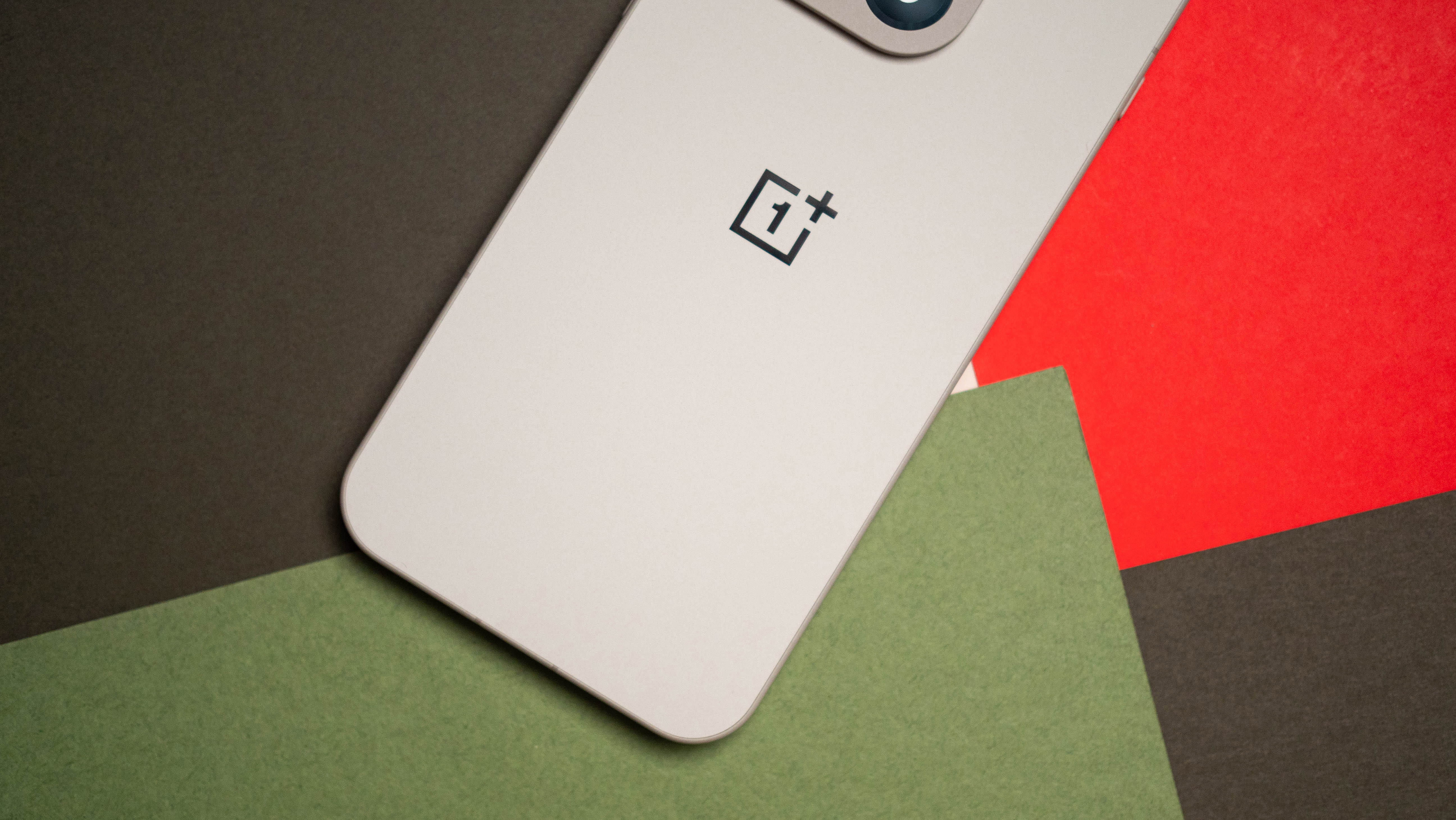It's not OK that I can't use my Oculus or Ray-Bans when Facebook is down
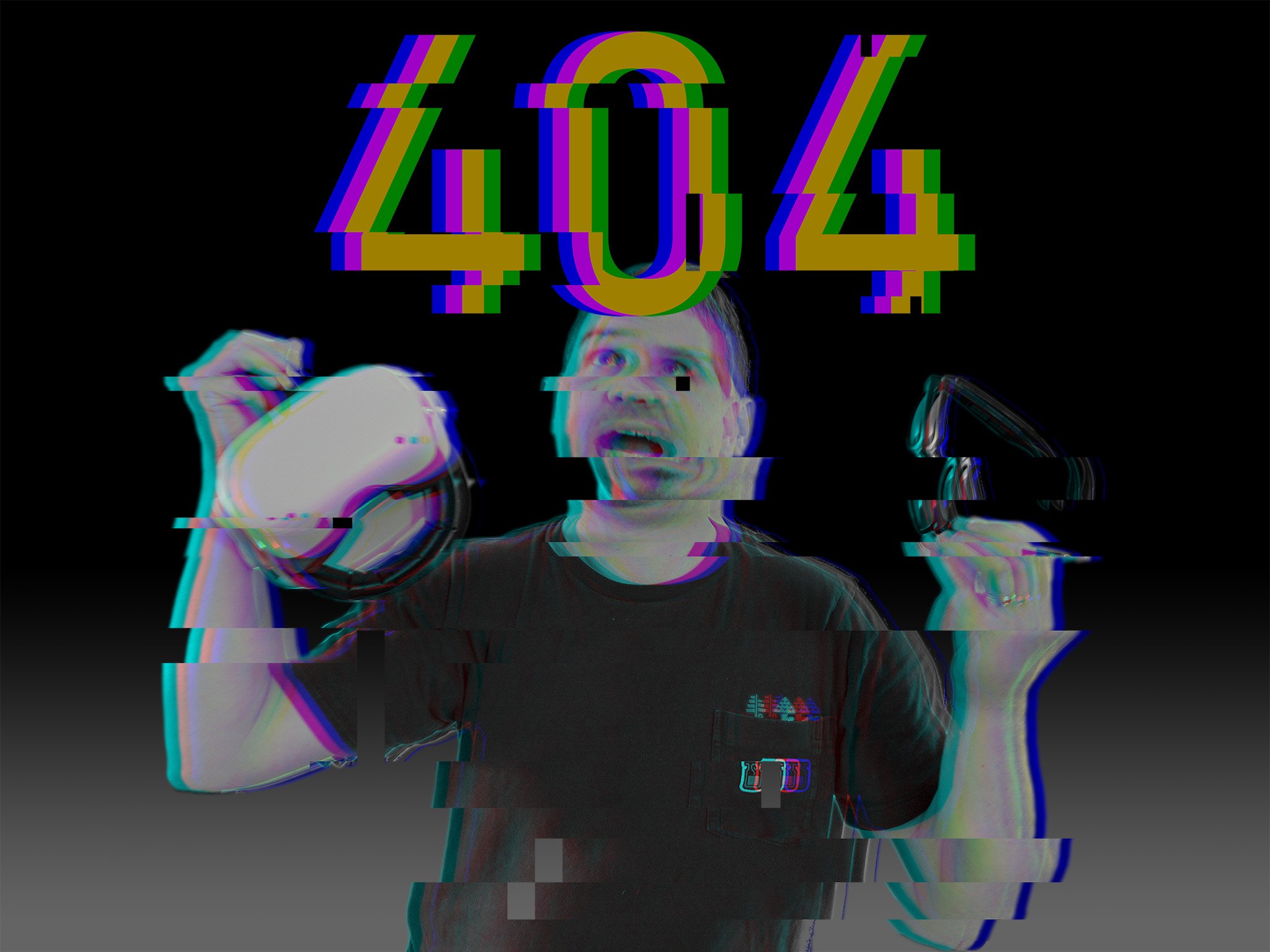
We've been made aware of some discrepancies between personal accounts of offline Quest 2 usage during the October 4 Facebook outage and have contacted Facebook for clarification. This article represents a personal experience with the Oculus Quest 2 and will be updated with Facebook's statement, accordingly.
Once upon a time, portable, wireless devices were designed to be used off the grid. Sure, an electronic device would always need power to turn on, but its basic functions would keep working without the need to plug it into a TV or connect it to the Internet. These days, so many devices are wholly dependent on the cloud to function — so much so that, in the rare event the cloud goes down, the most basic features of these devices stop working.
During the six to seven-hour-long Facebook outage on Monday, October 4, many users found themselves in this exact situation. Specifically, Oculus devices — including the Oculus Quest 2 and all Oculus Rift headsets — as well as Ray-Ban Stories glasses had been rendered effectively useless during that time.
And so I pose the obvious question: why is a device's basic functionality — especially portable devices like the Oculus Quest 2 and Ray-Ban Stories glasses — tied so heavily to a cloud service logon that they become almost entirely useless when that service goes down? Whatever happened to being able to use a device offline, or even long after it has been rendered obsolete by the company that built it? Let's take a look.
What are the symptoms, doc?
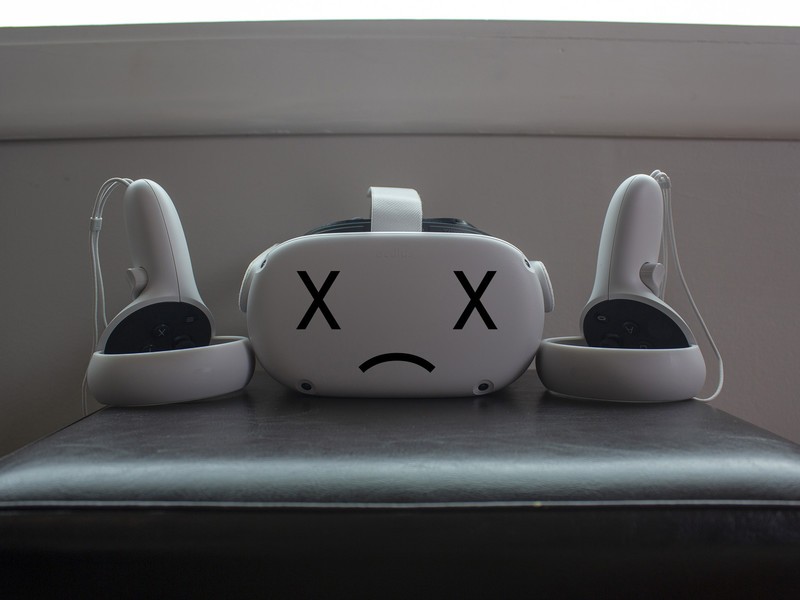
Before we delve deeper, let's take a look at exactly what happened with these devices yesterday. Facebook's outage caused all of its services to go down worldwide; resulting in an outage that was unprecedented in scope because of all the moves Facebook has made to ensure its services follow a single path of signing on.
Quest users couldn't play the games they already had installed, and Ray-Ban Stories users couldn't even transfer photos from their glasses.
Apps like WhatsApp couldn't function because they, quite literally, require a connection to send a message. Totally understandable.
But users who hadn't turned on their Oculus Quest 2's before the outage — or tried to reboot when they couldn't get online — found that their entire library of games was missing. No matter what you had installed, since your Quest 2 couldn't log in to Facebook and verify that you had an active account, nothing could be played.
Get the latest news from Android Central, your trusted companion in the world of Android
This course of action is similar to what happens when your Facebook account gets banned. So long as you left your Quest 2 offline before it could check in again, you'd still have access to anything installed on the headset. Once Internet access is established, and the check-in fails, however, you were bum out of luck.
Likewise, Ray-Ban Stories users found that there was no way to transfer photos or videos from their glasses to their phone because the Facebook View app — that's the app that connects the glasses to the phone — couldn't check in with Facebook to ensure they had a valid account.
Both of these problems stem from a single cause: a forced Facebook login at a point in the process where a login simply doesn't make sense.
You could, at least, use your glasses as Bluetooth headphones since that connection doesn't require an app. You could also still take photos or record videos with your glasses but, of course, had no way of accessing them after capture.
Both of these problems stem from a single cause: a forced Facebook login at a point in the process where a login simply doesn't make sense.
The cause of the problem
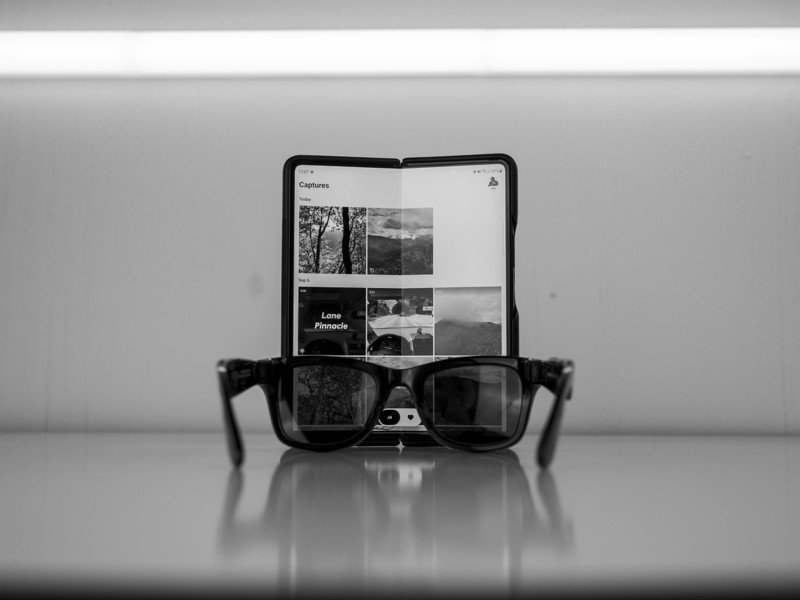
With many other connected devices — even hard-wired consoles like a PlayStation 5 or Xbox Series S|X — login credentials are cached so that the product can still be enjoyed even when cloud services go down. It's a failsafe built in to help guard against the inevitable failure of human-built things. We all get it. Stuff breaks, and we fix it—no big deal.
To an extent, this same line of thought is played out with both the Quest and Stories products. If your device was offline and had no Internet connection at all, you'd still be able to play anything that didn't require an Internet connection. That means any single-player game would work as expected.
Any online multiplayer title, say Population: One wouldn't be expected to work since it has to connect to Facebook servers in order to matchmake with other players. That's expected behavior and would be the same no matter what system we're referencing.
Data collection, in effect, has turned the products we love to use into products that we're simply only allowed to use.
But there's something inherently different with how Facebook's hardware functions. Since the Oculus Quest 2 debuted, people quickly learned that it's not the product purchase Facebook cares about; it's the data they can collect from your use of the product.
Without an active Facebook account logged in, Facebook has no way to track what you're doing.
It, then, cannot uphold its part of the bargain made with ad companies — to provide them with accurate, relevant data about how ads are being served to specific users — removing the largest reason for its involvement with your device of choice.
Data collection, in effect, has turned the products we love to use into products that we're simply allowed to use.
What's the cure?
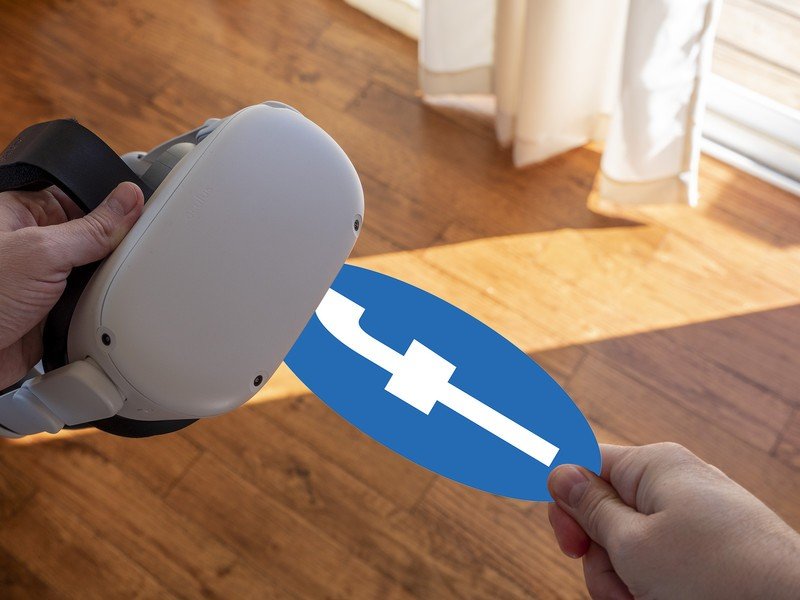
The easiest path here is to chant "down with Facebook" and hope the company somehow withers and goes away. After all, if the problem is Facebook, then removing the problem would, well, remove the problem. Right?
While it may come as a surprise, removing Facebook from the equation isn't the solution.
While that sounds like the most logical approach to solving this conundrum, it's not the best one. The problem isn't inherently Facebook. Instead, the problem is how Facebook is run and organized, and steam has been regularly building to reform Facebook and any other tech monopolies like it.
The recent FTC lawsuit is the latest attempt to reform a giant that has, up until this point, remained completely unfettered in its quest to gather the world's data for its own benefit. Every scandal, whistleblower, and problem have been building a silent case against the company in the minds of its users.
What was once widely accepted as the standard of communication across the web is slowly unraveling in a way that will, ultimately, benefit users and the world.
Change has to happen, and it's time we demand that Facebook does better for its users.
Facebook doesn't need to go away. Its products have proven to be excellent time and time again, and it can genuinely have a positive impact on the billions of lives it reaches every day. But change has to happen, and it's time we demand that Facebook does better for its users.
It's not asking a lot to be able to decouple product use from purchases. Being able to play games I've purchased shouldn't hinge on an active connection to Facebook, especially if they're already offline single-player games. Likewise, the simple act of transferring photos and videos from what amounts to a camera on a pair of glasses shouldn't be tied to an account.
We need a better, more responsible algorithm. We need to be able to use the products we bought as they were intended. We should be allowed to unplug for a while and not be punished for it. Facebook, you can and need to do better.

